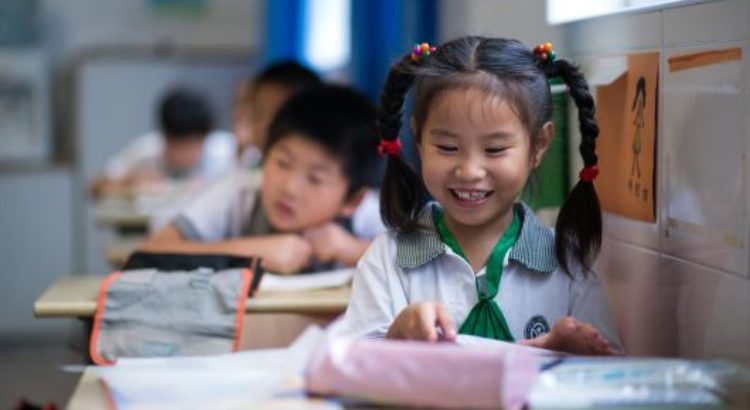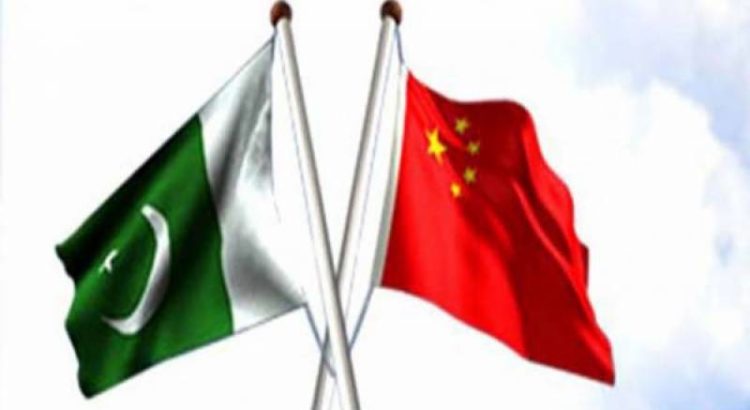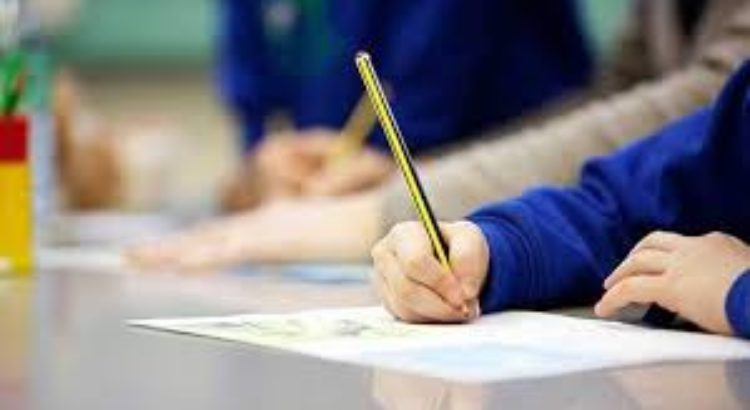Get Schooled recently ran an essay about Chinese education, in which “the goals are excellence, diligence and compliance.” This approach was valorized in the narrative provided by Amy Chua in “Battle Hymn of the Tiger Mother,” in which she argues on behalf of highly disciplined, harsh, authoritarian schooling and parenting.
The Get Schooled essay challenged readers to consider whether U.S. schools should become more like Chinese schools, and U.S. parents more like Chinese parents, in order for the U.S. to challenge the Chinese in their performance on international standardized tests.
The specter of falling behind has motivated school reform many times. When I was in first grade in 1957, the Soviets launched Sputnik, and we fell behind in the space race, prompting massive efforts to overhaul schools under the assumption our STEM education was inadequate.
By 1983 I was a high school English teacher in Illinois. That year A Nation at Risk was published by President Reagan’s National Commission on Excellence in Education, opening with “Our once unchallenged preeminence in commerce, industry, science, and technological innovation is being overtaken by competitors throughout the world …the educational foundations of our society are presently being eroded by a rising tide of mediocrity that threatens our very future as a Nation and a people…others are matching and surpassing our educational attainments.”
Around that time, it was common for Americans to lament our failures relative to Japan and its culture of worker compliance and loyalty, and academic excellence. I taught some Japanese exchange students back then, and they talked about how their teachers would hit them if they got too interested in someone of the opposite sex, which would take their attention from their studies. Further, suicide notes of Japanese teens often identified pressure to succeed in school as the cause of their decision to end their lives. But their tests scores were impressive.
It probably helped that Japan did not have a military and its enormous costs, and so could focus its resources and attention largely on commerce, education, infrastructure, and other domestic investments. That fact was mostly absent from appeals for the U.S. to be more like Japan, even though at the time we were still recovering from the costs of Vietnam and beginning the Reagan-era military buildup.
More recently, Finland has been set as the model for U.S. schools, again because of their comparative scores on international tests, and their unusually happy teachers.
It’s always tempting to see greener grass on the other side of the ocean, without getting close enough to notice how much manure lies at ground level or how different the weather might be to green up what’s visible. I think that looking longingly at other nations can be deceiving, and for a variety of reasons.
First, the nations we are encouraged to emulate tend to be culturally and racially homogeneous. Having a monoculture helps to focus on and perpetuate national goals and ways of being. I don’t say that to argue against cultural diversity of the sort we have in the United States. I think the multiplicity of perspectives across the social spectrum is healthy and invigorating, if often difficult to put into harmony. Diversity does work against common cause, however, including agreeing on the purpose and process of education.
Trying to be more like Finland, or China, or Japan, or the next shiny distraction overseas overlooks the critical issue that context matters in how social institutions function, and matters a great deal.
Let’s take Finland, a monocultural nation with a strong socialistic economic system. Schools are well funded, and children are protected by a range of social services that make them relatively healthy and school-ready. If you want U.S. schools to be like Finland’s, by all means vote to increase your taxes, because you can’t get their schools with our financing. If you want the U.S. to have schools like Finland’s, then you have to make the U.S. more like Finland.
If you want us to be more like China, then you have to reconceive a lot of American values. The Get Schooled essay includes the acknowledgement that the Chinese system produces “homogeneous and driven graduates” based on a “narrow and rigid approach [that] doesn’t yield a diverse, independent-thinking and inventive workforce…The Chinese system kills curiosity from a very early age…The Chinese [rely] on coercion and intimidation to establish order and routine.” They also have a culture in which test scores are indicators of both ability and character, and are highly prized as valid measures of success.
Within nations, there are local cultures that don’t often mix well. A few years ago, football star Adrian Peterson nearly lost his career when he disciplined his son by punishing him with a licking with a switch. That’s the way he’d been brought up in Texas, with the switch not spared. Culturally, Peterson was subjecting his son to a form of discipline that had been administered in his own family for generations. He thought he was being a good parent for doing what his parents had done to shape him up. But corporal punishment of children had become unacceptable to families working from other assumptions, and his career and public reputation were in tatters.
Peterson sounds as though he’d be a good fit in China, where according to the Get Schooled essay, “when 3-year-old Rainey begins an elite preschool refusing to eat eggs, his teachers force-feed him. When he balks at napping, teachers warn him the police will take him away. Other willful acts by children are met with threats their mothers will not return to pick them up at the end of the day.” But not in Minnesota, where his football career had taken him to, and where it nearly ended because of the severe disciplinary methods he used in his home.
I’m not here to attack or defend whipping kids with switches, being a Tiger Mom, or raising your taxes. (Well, I’d defend the last one, and I’m sure many of you would attack.) My point is simply to say that you can’t take something out of its national or cultural context, deposit it neatly into one that’s quite different, and expect it to work the same.
We may well have something to learn from how other nations educate their children. But ignoring why those practices work there will have consequences here. If you have Finland Envy, or China Envy, or Japan Envy, make sure that you envy the whole country and how it is structured and populated before you isolate a schooling practice and insist we should institute it here.
Source of the article: https://www.myajc.com/blog/get-schooled/opinion-can-retool-schools-based-finland-china/ZcqxE1BJcpUunJkMUdKXaK/










 Users Today : 39
Users Today : 39 Total Users : 35460531
Total Users : 35460531 Views Today : 92
Views Today : 92 Total views : 3419450
Total views : 3419450